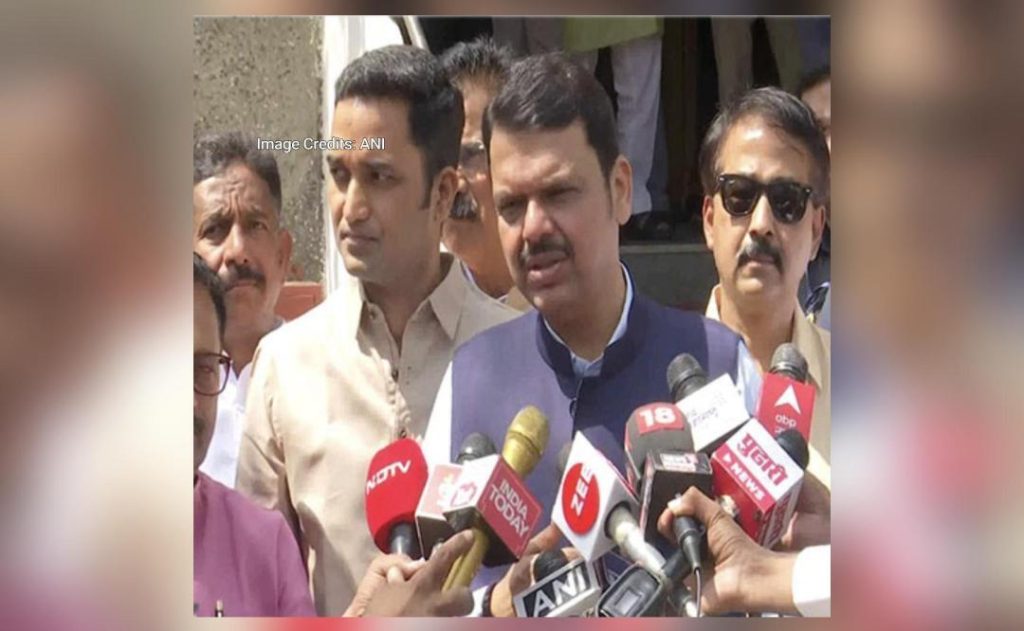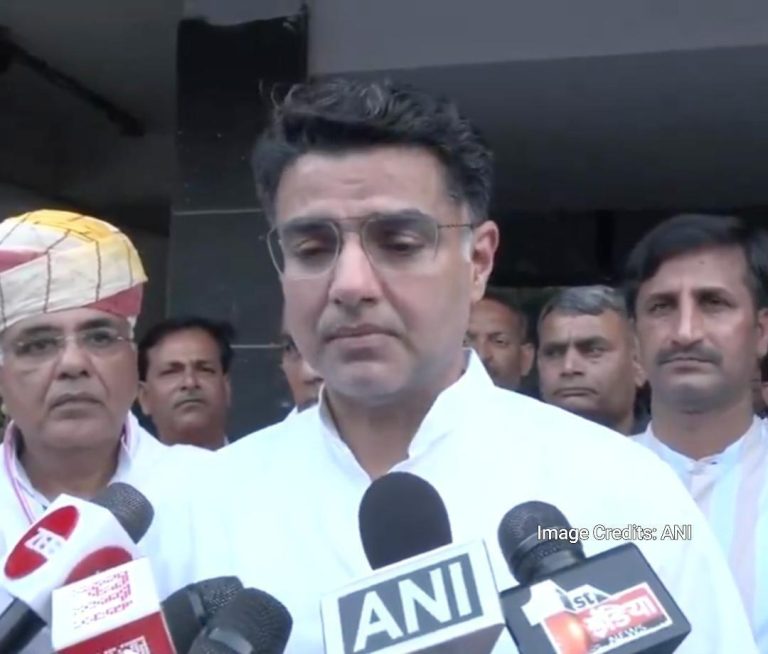
Reports of 107 Pakistanis Missing in Maharashtra Baseless: CM Fadnavis
In a recent development, reports of 107 Pakistani citizens going missing in Maharashtra have been dismissed as “baseless” by the state’s Chief Minister, Devendra Fadnavis. The news comes at a time when the Centre has ordered states to find and deport Pakistani nationals after cancelling their visas in the wake of the recent Pahalgam terror attack.
According to a report by news agency ANI, the Maharashtra government data released yesterday revealed that 5,023 Pakistani citizens were living in the state. However, it was initially reported that 107 of these individuals were out of police contact, sparking concerns about their whereabouts and safety.
In response to these concerns, Chief Minister Fadnavis has assured the public that all Pakistani citizens have been traced and are currently under surveillance. This statement has brought relief to the people of Maharashtra, who were worried about the potential threat posed by these individuals.
The Centre’s decision to cancel the visas of Pakistani nationals was taken in the wake of the Pahalgam terror attack, which left several people dead and injured. The attack was carried out by terrorists who entered India through the Line of Control (LoC). In the aftermath of the attack, the Centre ordered states to identify and deport Pakistani nationals who were staying in the country illegally.
The cancellation of visas and the subsequent efforts to deport Pakistani nationals have been met with resistance from various quarters. Many have expressed concerns about the human rights of these individuals and the potential consequences of deporting them without due process.
However, the Maharashtra government has maintained that the decision to deport Pakistani nationals was taken in the interests of national security. According to Chief Minister Fadnavis, the state government is committed to ensuring the safety and security of all its citizens, and will take all necessary measures to prevent any potential threats.
In a statement, the Chief Minister said, “All the Pakistani citizens have been traced. There is no truth in the reports of 107 Pakistani citizens going missing.”
The news has brought relief to the people of Maharashtra, who were worried about the potential threat posed by these individuals. The state government’s efforts to ensure the safety and security of its citizens have been widely appreciated, and the people are grateful for the Chief Minister’s commitment to national security.
The incident highlights the importance of effective surveillance and monitoring of foreign nationals staying in the country. It also underscores the need for strict vigilance and proactive measures to prevent potential threats to national security.
In the wake of the Pahalgam terror attack, the Centre’s decision to cancel the visas of Pakistani nationals has been widely supported. Many have expressed their support for the decision, citing the need to protect national security and prevent future attacks.
However, others have raised concerns about the human rights of Pakistani nationals and the potential consequences of deporting them without due process. The debate has sparked a wider discussion about the need for balanced and nuanced policies that take into account both national security and human rights.
In conclusion, the reports of 107 Pakistani citizens going missing in Maharashtra have been dismissed as “baseless” by Chief Minister Fadnavis. The state government’s efforts to ensure the safety and security of its citizens have been widely appreciated, and the people are grateful for the Chief Minister’s commitment to national security.
The incident highlights the importance of effective surveillance and monitoring of foreign nationals staying in the country, and underscores the need for strict vigilance and proactive measures to prevent potential threats to national security. As the debate around the Centre’s decision to cancel the visas of Pakistani nationals continues, it is essential to strike a balance between national security and human rights.



